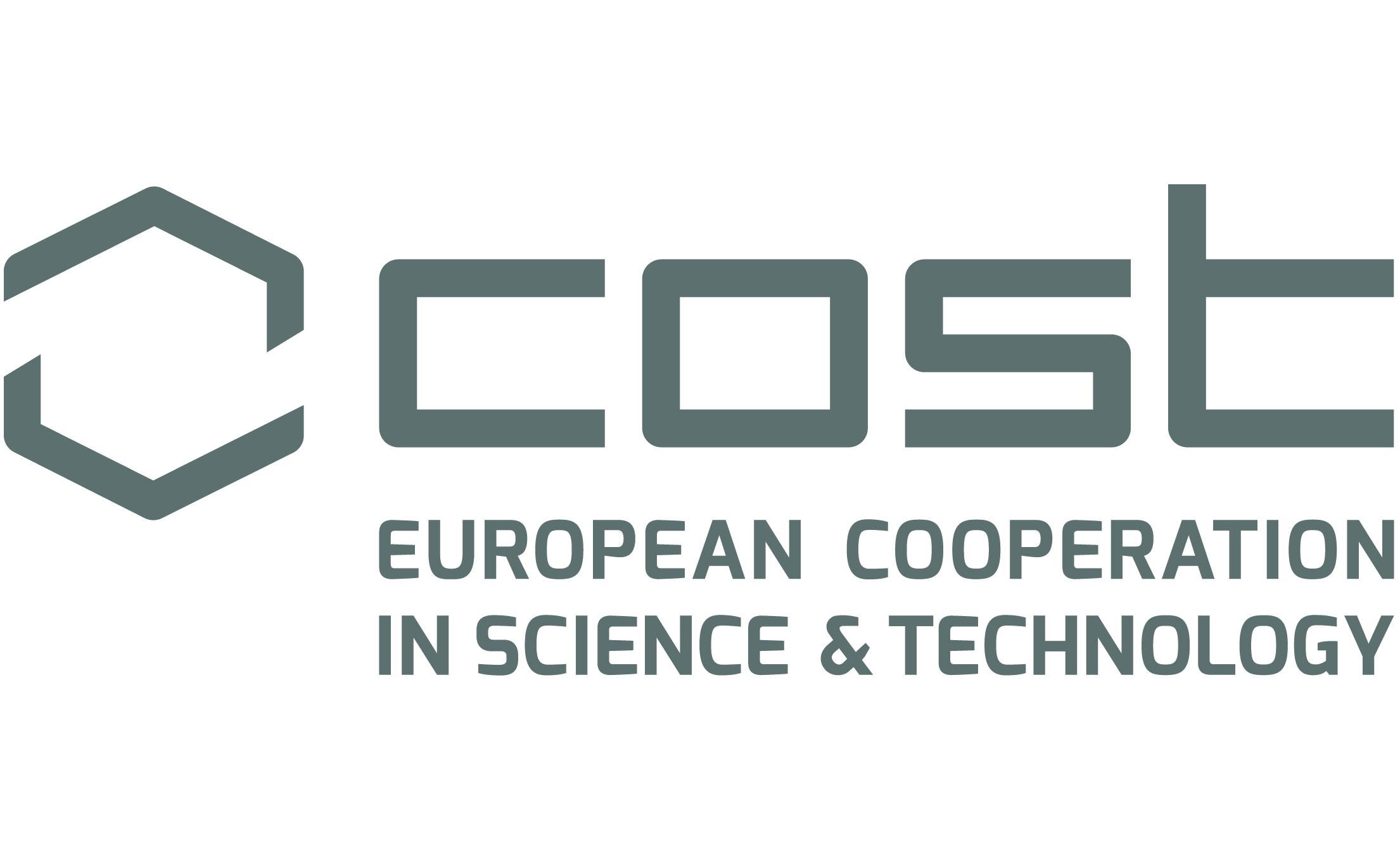
Valentina Barnabei, PhD, Ca’ Foscari University of Venice
Expert in South Asian Studies
My Journey as a CULTEXP Trainer
At the end of March 2024, I had the honour of being selected to participate in the CULTEXP Trainer program, and in September 2024, I joined the K-Peritia network funded by COST and the European Union. This opportunity has been an exciting and transformative experience that equipped me with the tools and insights to design and deliver courses on cultural expertise.
The CULTEXP training program is designed to train aspiring trainers in preparing and structuring courses that align with the CULTEXP format. It also delves deeply into what it means to be a CULTEXP Trainer, emphasizing the role of the trainer as a guide and facilitator. Beyond learning how to organize a course, trainers-in-training are introduced to a rich array of knowledge and practices that embody the CULTEXP approach. These include planning courses, allocating time effectively, incorporating guest speakers and industry experiences, and crafting strategies to quickly understand and adapt to the participants’ needs.
The training instils essential skills such as problem-solving, a nuanced understanding of diverse learning contexts, and a firm grasp of the CULTEXP principles. Central to this experience is the awareness that communicative and interactive learning is at the core of the CULTEXP teaching methodology.
Key Takeaways from the CULTEXP Training
A unique highlight of my training journey was the guidance of my mentor, whose invaluable support and mentorship enabled me to design two short courses: one focusing on the genesis of cultural expertise and the other on its key definitions.
Upon completing this formation process, CULTEXP Trainers acquire the ability to:
• Encourage participants’ communication skills, enabling them to express ideas clearly and effectively in professional environments.
• Introduce and integrate subject-specific knowledge, emphasizing the use of cultural expertise terminology.
• Create dynamic learning environments by promoting engagement through interactive and meaningful activities.
• Plan courses and deliver training with confidence and precision.
The Courses I Developed
1. The Genesis of Cultural Expertise
This course provides a critical overview of the development of cultural expertise as a discipline, examining its theoretical and practical foundations. Starting with the concept of “culture,” it explores the main theories that have shaped cultural expertise and analyses them through a critical lens that considers their historical contexts.
The course also addresses contemporary debates and societal complexities that challenge cultural expertise, encouraging students to reflect on its potential and limitations. Topics include gender, sexuality, ethnicity, race, and autochthonous cultural expertise, emphasizing its role within specific societies and legal systems.
2. Key Definitions of Cultural Expertise
This course delves into the elements that differentiate cultural expertise from standard practices. It provides an in-depth exploration of concepts such as First Nations, Indigeneity, and Aboriginality, contextualizing these within theoretical frameworks that highlight their intersections with legal and scientific domains.
A central focus is on the ethical application of cultural expertise, ensuring that students understand its practical implications in assisting judges in evaluating evidence. The course underscores the importance of procedural neutrality while amplifying the voices of the beneficiaries of cultural expertise.
Structure of the Courses
Both courses incorporate mid-course assessment quizzes and final exams. Each lesson begins with an initial survey, includes an interactive activity—often a role-playing exercise to apply knowledge in practical scenarios—and concludes with a quiz to evaluate the understanding of key concepts.
Interactive activities are integral to these courses as they encourage critical thinking and problem-solving in a safe classroom environment, preparing participants to navigate the world challenges.
Challenges and Lessons Learned
Designing these courses posed its own challenges, particularly in adapting materials to the diverse needs of different student groups. Anticipating the unique dynamics of each class group required flexibility and creativity. I placed significant emphasis on creating a supportive social and learning environment, ensuring activities and role plays fostered inclusivity and comfort for all participants.
Interactive learning is the cornerstone of my training style and aligns perfectly with the CULTEXP philosophy, which values critical thinking and realistic problem-solving as foundational skills.
Looking Ahead
I am particularly excited about the opportunity to offer these trainings to my fellow K-Peritia members. Sharing the knowledge and skills I’ve developed through the CULTEXP program with this vibrant network is a step toward fostering collaboration and furthering the integration of cultural expertise in interdisciplinary contexts. I look forward to tailoring these courses to the unique needs and interests of my K-Peritia colleagues, ensuring a meaningful and impactful learning experience.
Why CULTEXP?
If you’re fascinated by the intersection of law and culture and want to untangle this complex relationship while developing skills that can make a real difference, I highly recommend exploring the CULTEXP learning paths.
Acknowledgments
A heartfelt thank you to Anna Zilliotto for her dedication and professional expertise in developing the CULTEXP courses for Trainers, and to my mentor for her unwavering support throughout my training journey. Our stimulating discussions and exchange of ideas enriched this experience immeasurably.
This output is based upon work from K-Peritia CA22101, supported by COST (European Cooperation in Science and Technology).my mn









